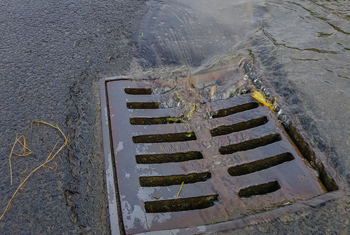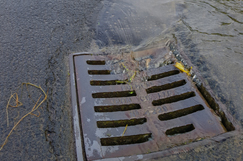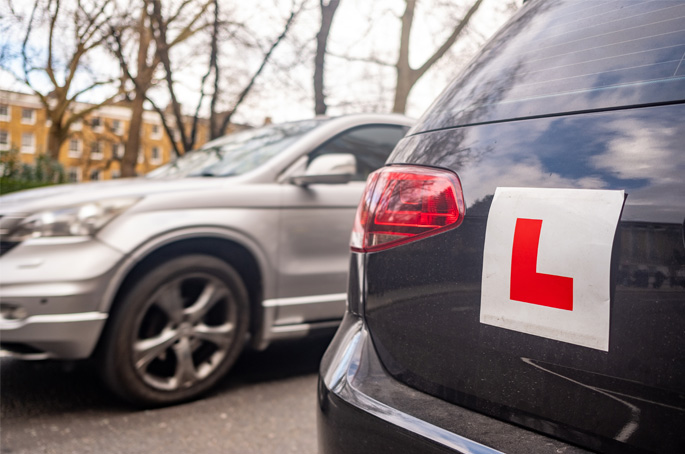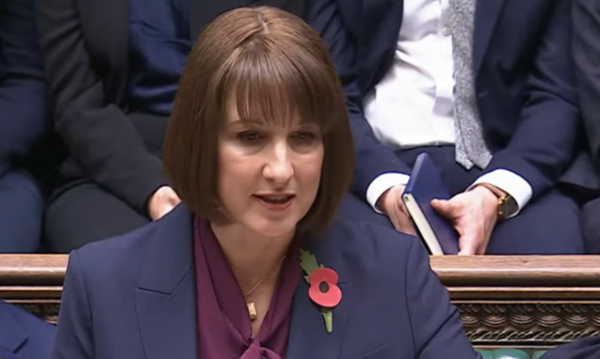Laboratory testing at Swansea University has demonstrated that a plant-based material can remove microplastics found in road runoff.
The laboratory trials undertaken by RSK Group company TerrAffix and Kier are believed to be the first in the world to look at the possibility of removing microplastics from runoff using biochar.

TerrAffix chief technical officer Siôn Brackenbury said: ‘The ubiquitous nature of microplastics in natural environments, alongside their potential to transmit harmful pathogenic microorganisms and enter the food chain with associated risks to ecosystems and human health have caused global concern.'
In the trial, a microplastic solution used as a close representation of highway runoff was passed through five water columns, each with a different filter stone/biochar ratio three times daily over two weeks.
The process was designed to mimic the nature of precipitation in the field. No microplastics were present in the solution once it had passed through the columns, demonstrating that even the lowest biochar/filter stone mix was effective at removing microplastics.
Matt Tompsett, head of environment and sustainability at Kier Transportation, said: ‘We wanted to focus on a solution that could be deployed at scale within highway drainage systems.
‘I had high hopes that biochar would be effective at removing microplastic, but the fact that there were no traces of microplastic is fantastic.
‘Globally, there are no published papers at all which look at road runoff and microplastic removal using biochar, so this research is breaking new ground.'
Biochar is created through the process of pyrolysis when organic materials are turned into refractory carbon under high temperatures in the presence of little or no oxygen, locking away carbon from the atmosphere for millennia.
TerrAffix managing director Mark Smith said: ‘TerrAffix and Kier could immediately see the opportunity to not only use biochar to reduce carbon emissions but to create a second, equally powerful contribution to environmental challenges.
‘Now that the process to remove microplastics has been proven to be successful in the lab, we are, of course, keen to take it on the road to further demonstrate the process in the field. A mobile means of processing vegetation, cutting carbon and tackling microplastics is a huge innovation for the larger infrastructure and development sectors in the UK and, of course, across the world.'
The next step for the collaboration is to look at how effective the solution is over time and it will be tested on Kier and National Highways' A417 project, with details of the road trial in design now.
































